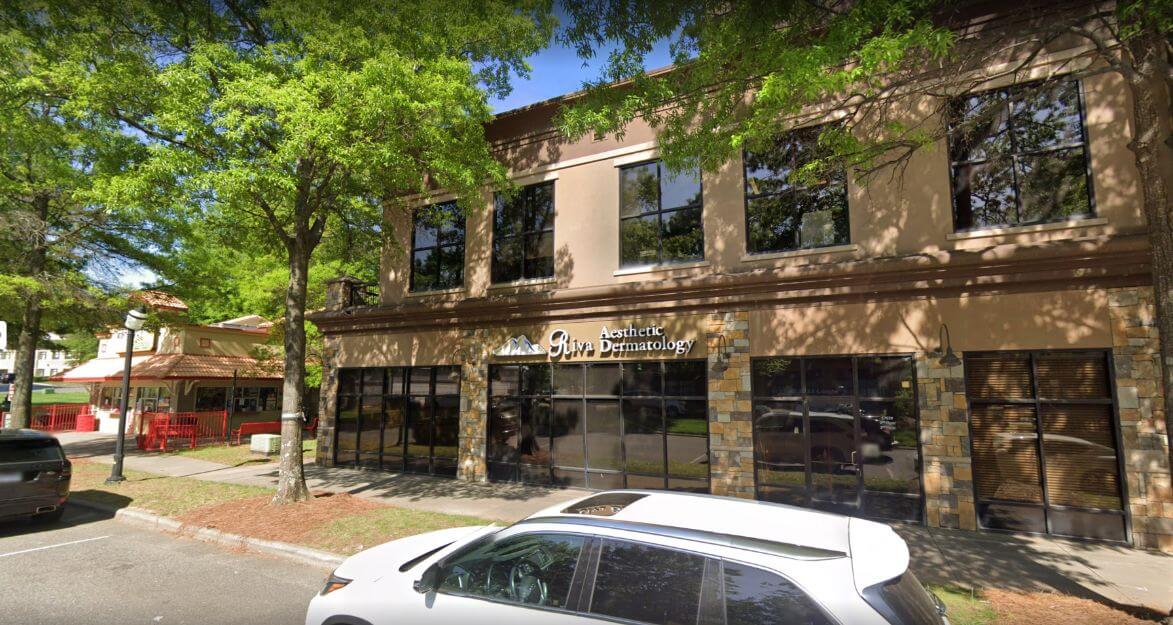Actinic Keratosis
Understanding Actinic Keratosis: Prevention and Treatment at Riva Dermatology
Actinic keratosis (AK) is a rough, scaly patch on the skin caused by years of sun exposure. It is commonly found on the face, lips, ears, back of the hands, forearms, scalp, or neck. AK is considered a precancerous condition because it can potentially develop into squamous cell carcinoma if left untreated. Early detection and treatment are crucial to prevent progression.
Riva Dermatology offers advanced treatments for actinic keratosis, including cryotherapy, topical medications, and photodynamic therapy. Our experienced dermatologists provide personalized care to ensure the best outcomes for our patients.
Prevent and Treat Actinic Keratosis in the Lake Norman Area
Protect your skin from the harmful effects of sun exposure. Schedule an appointment with Riva Dermatology today for expert diagnosis and treatment of actinic keratosis. Serving Huntersville, Cornelius, Davidson, Mooresville, Denver, and surrounding communities.
Examples Actinic-Keratosis
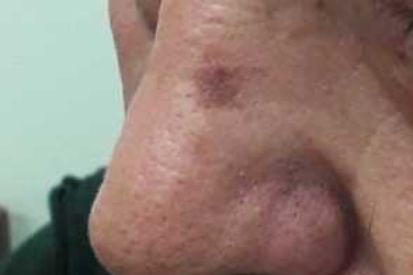
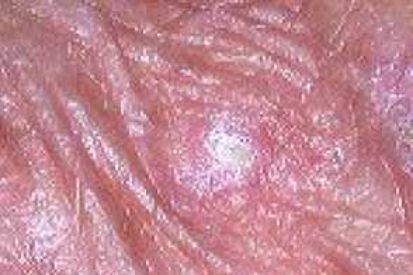
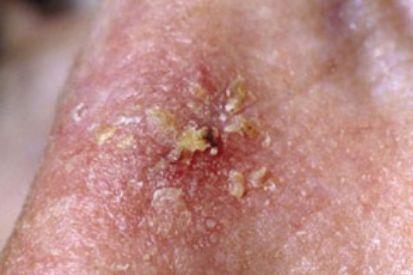
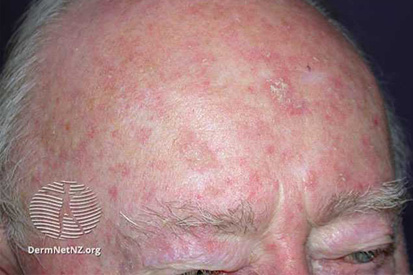
What are the Symptoms of Actinic Keratosis?
- Actinic Keratosis can reach a quarter of an inch in size and may even disappear for a time.
- May appear red, light or dark tan, pink or skin-colored.
- These patches may be sensitive or tender and may become inflamed or even bleed.
- Although the patches are typically dry they may also present as lesions that do not heal or as thick, horny growths.
Causes of Actinic Keratosis
- Actinic keratosis (AK) is primarily caused by prolonged exposure to ultraviolet (UV) radiation from the sun or artificial sources like tanning beds.
- The cumulative effect of sun damage leads to the development of these precancerous lesions.
- The risk of actinic keratosis increases with age, reflecting the cumulative impact of sun exposure over the years.
- Individuals with weakened immune systems may be at a higher risk of developing actinic keratosis.
How to Prevent Actinic Keratosis
- Sunscreen: Regularly apply a broad-spectrum sunscreen with a high SPF to exposed skin, even on cloudy days. Reapply every two hours and more frequently if sweating or swimming.
- Protective Clothing: Wear protective clothing, such as wide-brimmed hats, long sleeves, and sunglasses, to shield the skin from direct sunlight. Clothing with a tight weave offers additional protection.
- Seek Shade: Limit direct sun exposure during peak hours, typically between 10 a.m. and 4 p.m. When outdoors, seek shade under trees, umbrellas, or other structures.
- Avoid Tanning Beds: Refrain from using tanning beds, as they emit harmful UV radiation that contributes to skin damage.
- Regular Skin Examinations: Perform at-home self-examinations of the skin regularly to detect any changes or new lesions as well as schedule annual total body skin exams with your trusted dermatology provider. Notify your provider of any suspicious growths or changes you find.
- Limit Alcohol and Tobacco: Excessive alcohol consumption and smoking can contribute to skin damage, so moderation or cessation of these habits is beneficial.
- Stay Hydrated: Proper hydration helps maintain skin health. Drink an adequate amount of water to support overall skin function.
Actinic Keratosis FAQs
A dermatologist will perform a skin examination and may take a biopsy to confirm the presence of AK and determine the appropriate treatment.
Treatments include cryotherapy, topical medications, photodynamic therapy, and laser therapy. The choice of treatment depends on the number and location of AKs.
Preventative measures include avoiding excessive sun exposure, using broad-spectrum sunscreen, wearing protective clothing, and avoiding tanning beds
While AK itself is not cancerous, it can develop into squamous cell carcinoma if left untreated. Early detection and treatment are crucial to prevent progression.
Riva Dermatology offers advanced and personalized treatment options for actinic keratosis, ensuring effective care and prevention for patients in the Lake Norman area.
From our QualDerm Family of Brands: Sunscreen Recommendations
How to Treat Actinic Keratosis
Treatment options may include:
- Cryotherapy: The use of liquid nitrogen to freeze the lesions superficially
- Topical Creams: Designed to eliminate Actinic Keratosis in the affected areas.
Featured Products for Sun Protection
Check your local office for current stock!
Check your local office for current stock!

